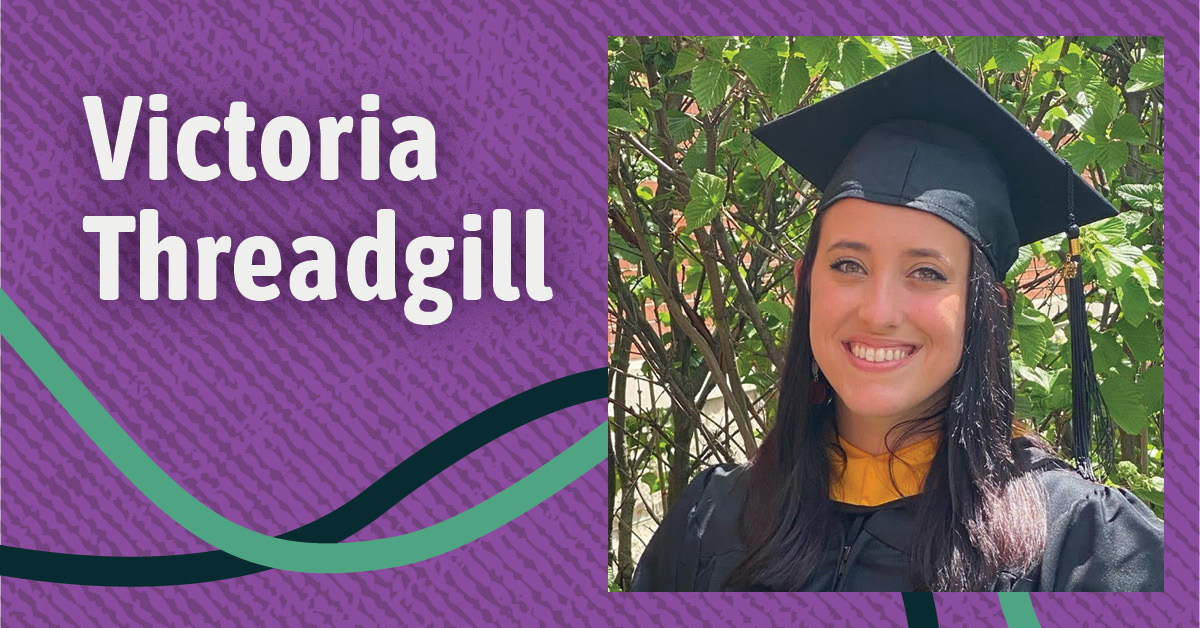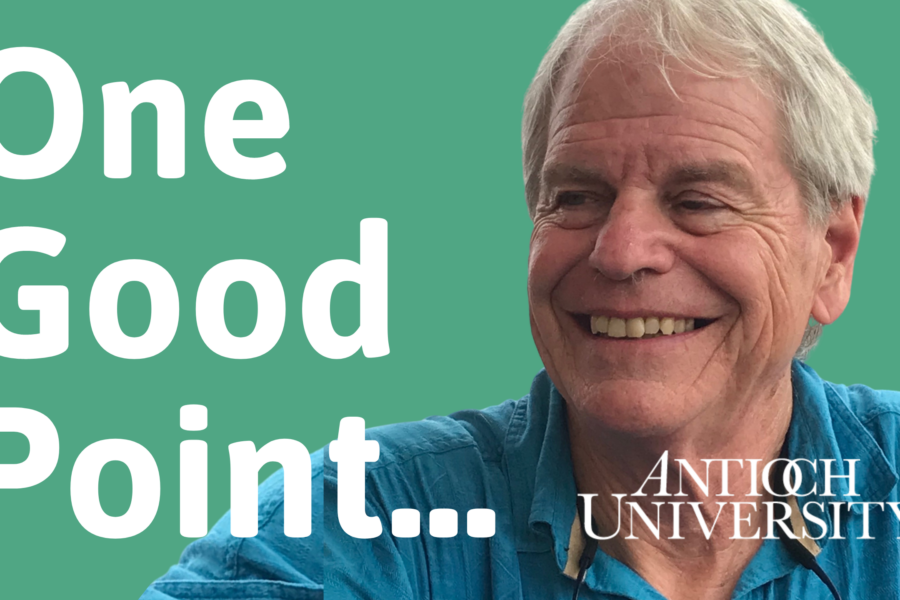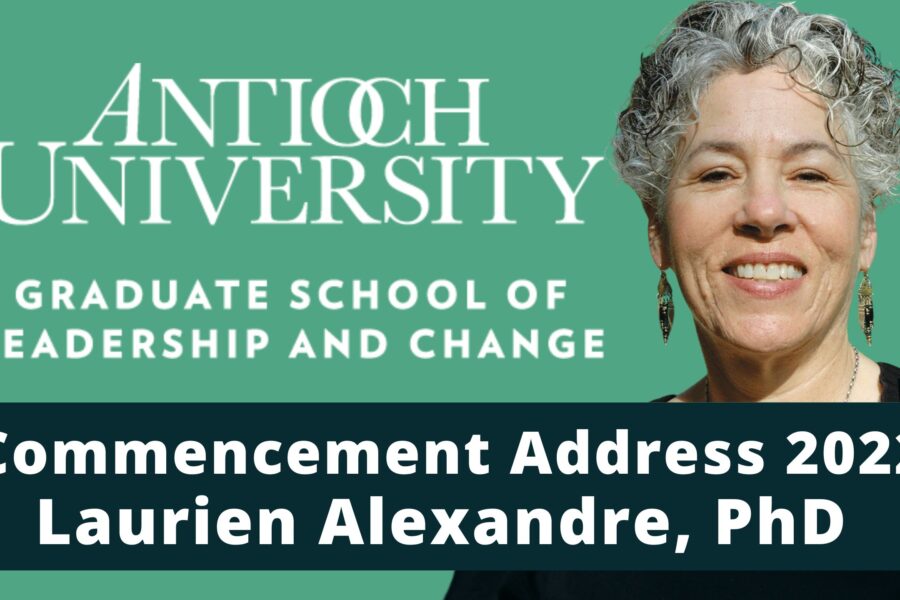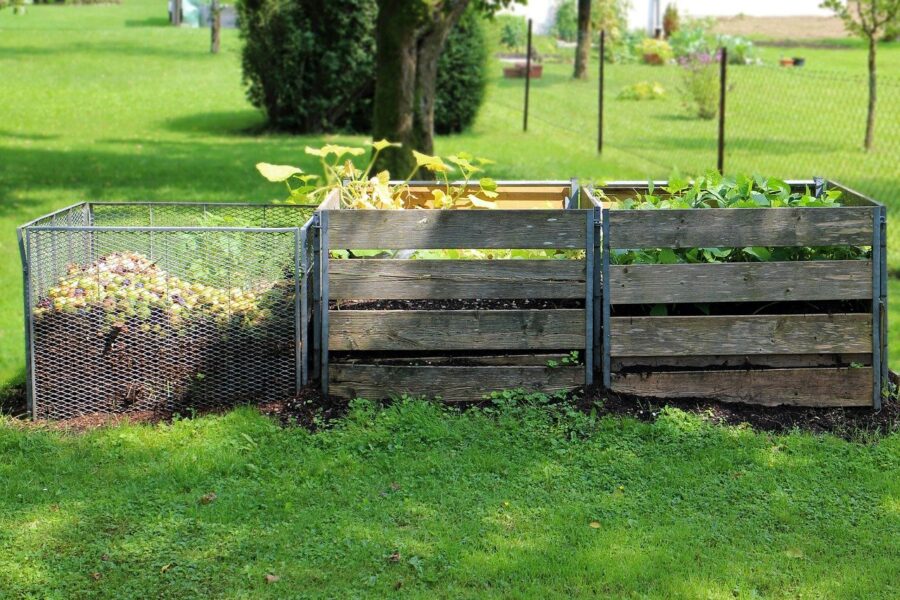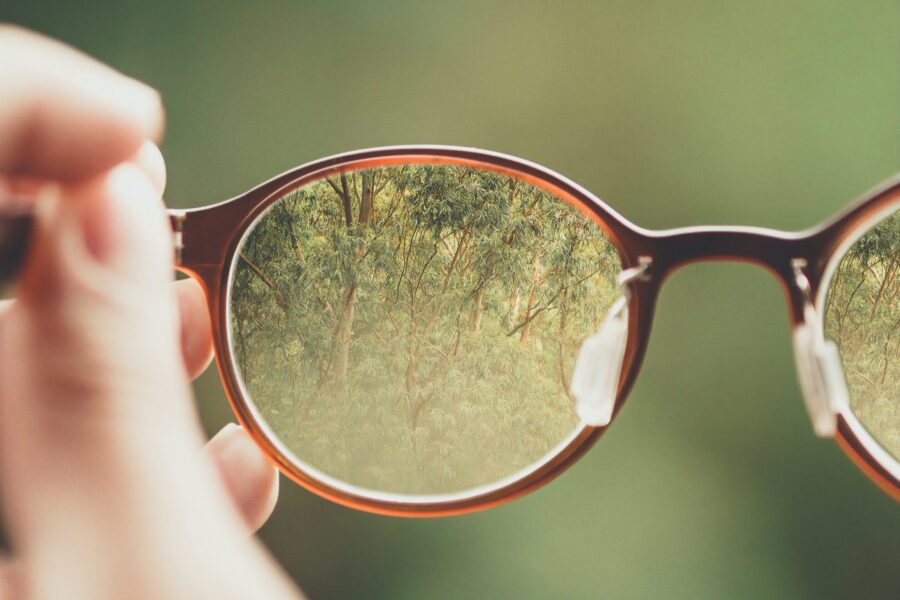We recently caught up with Victoria Threadgill, an alum of Antioch New England’s Master of Science in Environmental Studies. During her studies, Threadgill engaged in a unique, community-based program to connect adults in her community with the element of local water. Incorporating conservation psychology and exploring the human-nature connection, she now combines her passion for the natural world with her education as the Program Director for YWCA Vermont Camp Hochelaga.
Read on to learn more about her work with environmentalism, collective compassion, and how this ties in with diversity.
Congratulations on your recent graduation from the Master’s in Environmental Studies! I understand that for your capstone project you implemented a community-based environmental program designed to connect adults in Keene, New Hampshire to water. What inspired you to get your Master’s and to pursue this project?
I am very passionate about people and the way they connect with nature. Having experienced the many benefits nature has to offer myself, I wanted to formally study conservation psychology to better understand how I could foster environments where others could connect with nature as well. I came to Antioch to pursue my Master’s as it is one of the only schools in the whole country that has a big emphasis on Conservation Psychology. The amazing faculty and community at Antioch drew me in and I knew it was where I was meant to be.
In terms of nature connection, I am very passionate about water and how it historically has drawn people in and captivated all who come across it. I’m sure you have had your breath taken away by a beautiful beach or the way the light shimmers on the water’s surface. I wanted to capture this feeling in the community of Keene and create a program where adults could have a space to connect with others, themselves, and the amazing blue spaces in Keene. During Connect Blue, we explored water connection by learning where we get our drinking water from, historical stories of water-use by the Abenaki, water wellness, and how to channel our inner childlike energy in blue spaces.
In your video, Connect Blue: A Community Series in Keene, New Hampshire, you summarize the results of your capstone project. Was there a key enjoyable moment that you remember from creating this community effort?
My heart became full from day one of the program. I loved seeing people’s eyes light up when they would talk about their favorite blue space and what it means to them. I was also delighted in seeing them make connections about themselves and their connection to the land. Above all, the most enjoyable moments for me were seeing everyone connect with each other and create lasting relationships. Some program participants decided to create walking groups where members of Connect Blue would meet outside of the program to walk on trails near water together. This was so special to me because I personally know how water can bring people together and it brought me so much joy to know that this program could do that.
What impacted you most as a student of Environmental Studies that you will take with you after you graduate from Antioch? How will this impact your future career goals?
What impacted me most from the Environmental Studies program at Antioch was the heavy emphasis on justice, equity, and inclusion in programming. I have valued the focus on honoring Indigenous knowledge systems and becoming aware of the experiences of marginalized groups in the outdoors. I am taking this knowledge with me in my new role as the Program Director for YWCA Vermont Camp Hochelaga where our mission is to eliminate racism, empower women, and promote peace.
Can you tell us what is most important or critical to you when it comes to being mindful of our environment and helping others become more conscientious of our planet?
I believe the more you connect with the outdoors, the more you start to form a relationship with it which in turn increases empathy. I think simple and intentional acts such as having your morning coffee on your porch or taking a walk outside during your lunch break are powerful actions that further contribute to one’s relationship with nature. The more this relationship forms, the more others start to care and take action. I think it’s also important to understand that we are one with nature and taking care of nature means collectively taking care of ourselves and our community. We are all in this thing called life together and we are all on the same team. Collective compassion will save us.
What is one of your most memorable experiences as an Antioch student?
I have had so many memorable experiences at Antioch! It is hard to just pick one. I am grateful to have worked on so many amazing projects such as Connect Blue, the AZA Conservation Culture study, starting the Conservation Psychology Lab, and more! I am just deeply grateful for the people I have met at Antioch and the experiences I have had at this institution. Antioch changed my life, and I am forever grateful.
Watch her Spring 2022 recap of Connect Blue: A Community Series in Keene, New Hampshire:

